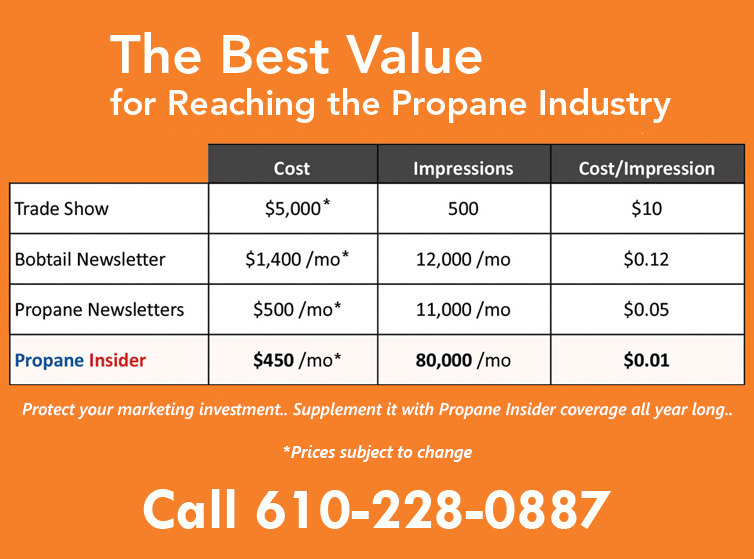Maintaining Compliance in the Propane Sector

Understanding the Regulatory Landscape
The first step in compliance is understanding the complex regulatory landscape. This includes staying informed about federal, state, and local regulations that govern propane storage, transportation, and distribution. Keeping abreast of changes and updates in these regulations is essential.
Investing in Compliance Training
Regular training for all staff members is crucial. Training should cover safety procedures, environmental protocols, and any other regulatory requirements specific to the propane industry. Well-informed employees are a critical defense against compliance breaches.
Implementing Robust Safety Protocols
Developing and maintaining robust safety protocols ensures compliance and protects the business, its employees, and customers. Regular safety audits and inspections can help identify and promptly address potential risk areas.
Leveraging Technology for Compliance
Modern technology can be a significant asset in maintaining compliance. Software that tracks regulatory changes, manages safety records, and monitors compliance status can be highly beneficial. Such systems can also streamline reporting processes to regulatory bodies.
Engaging with Industry Associations
Active participation in industry associations can provide valuable insights into regulatory trends and best practices. These organizations often offer resources and guidance on navigating the regulatory landscape.
Building a Culture of Compliance
Fostering a company culture that values regulatory compliance is vital. When compliance is embedded in the company’s core values, it becomes a shared responsibility among all team members.
Staying Proactive with Environmental Regulations
Environmental regulations are particularly critical in the propane industry. Staying proactive in environmental compliance involves regular environmental impact assessments and adopting practices that minimize ecological footprint.
Effective Communication with Regulatory Bodies
Establishing a good working relationship with regulatory agencies can facilitate smoother compliance processes. Effective communication can also aid in swiftly addressing any compliance issues that arise.
Regular Compliance Reviews and Audits
Regular internal audits and reviews of compliance processes ensure that the business stays on track. It also helps in identifying areas for improvement in regulatory adherence.
A Foundation for Success
In the propane industry, regulatory compliance is a cornerstone of successful operations. By staying informed, investing in training, leveraging technology, and fostering a culture of compliance, propane businesses can navigate the regulatory landscape effectively and sustainably.
















